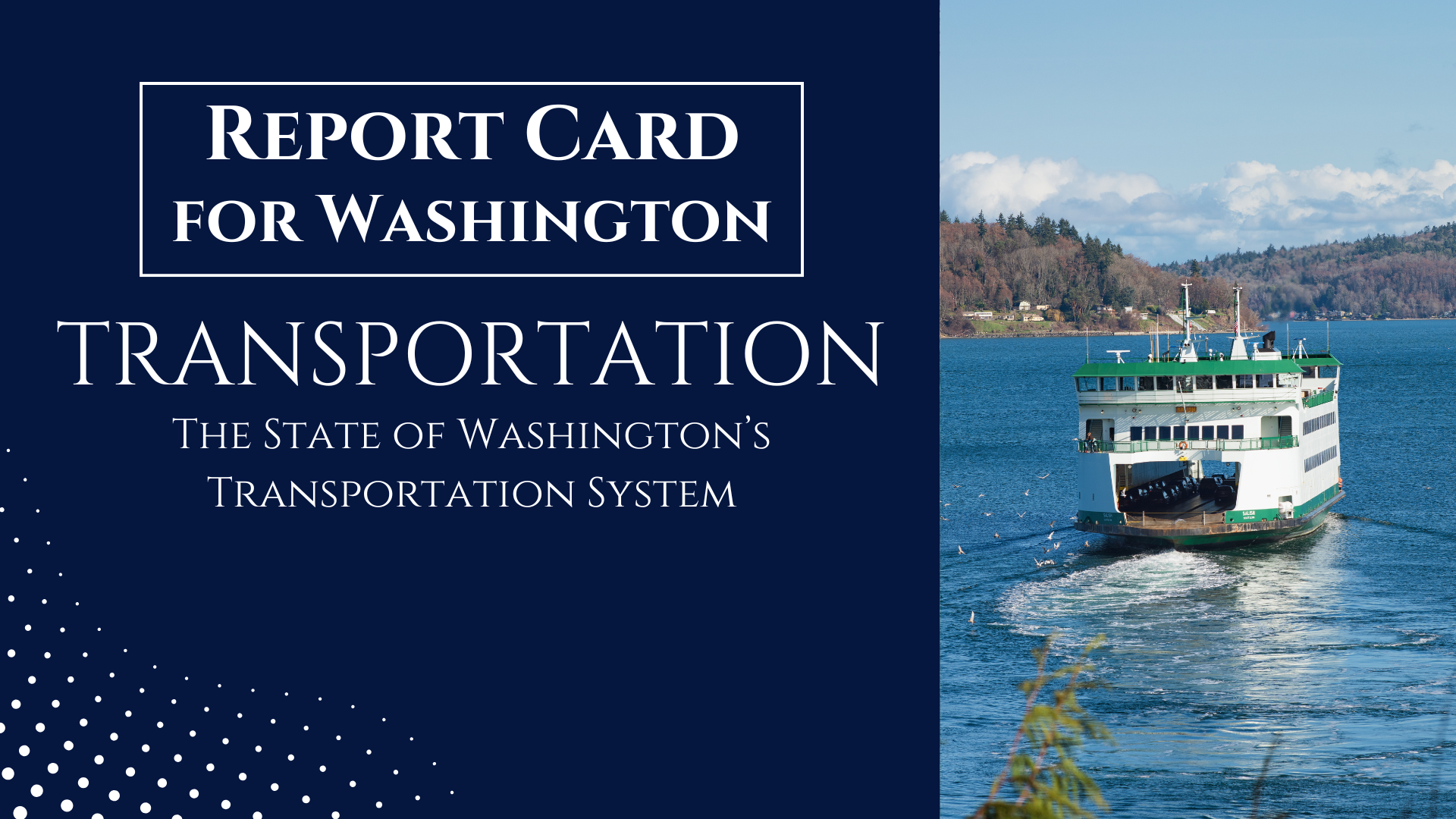Related Articles
Commissioners in Franklin and Benton County were proposing to cut the sales tax rate collected by Ben Franklin Transit (BFT) for transit service in the Kennewick, Richland and Pasco region. Noticing a drop in use of the transit service, leaders considered a priorities of government approach – reduce the amount to one priority (transit), and allocate it to another (mental health services).
Unfortunately, members of the Ben Franklin Transit Board rejected the idea. They said transit service is critical to the Tri-Cities community and evidently don’t trust residents enough to let them vote on this proposal for themselves. At a board meeting, seven members unanimously voted against allowing this proposal go to the ballot so people could evaluate it and make their own decision. Ben Franklin Transit’s General Manager said the board acted in the “best interest” of the community.
In reality, it appears BFT officials put the agency’s interests ahead of the people they are intended to serve.
The data supports the idea of a sales tax cut, perhaps another reason BFT officials shut down the ballot proposal. A 2015 Washington Policy Center study found that BFT’s total ridership had dropped 25 percent, with bus ridership, vanpool ridership and demand response all seeing significant declines. This decline began years ago and is unrelated to COVID. We made the case then that “the significant fall in passenger demand raises questions about the fairness of BFT’s taxing authority. Transit officials should always strive to provide taxpayers with the best value – including a reduction in the rate of taxes imposed on the public, when there is less need to collect so much money from area families and business owners.”
An updated WPC analysis found more troubling performance data, showing significant losses in ridership through 2017, while BFT officials increased operating expenses by 20 percent and sales tax revenue collections increased by 44 percent.
The latest data shows BFT ridership decreased 43 percent from 2009 to 2019. COVID exacerbated this trend, and ridership plummeted further by 48 percent between 2019 and 2020.
The point remains the same each year – the agency serves fewer and fewer people but chooses to spend more public money on operations. Even COVID decimating transit ridership does not appear to have jolted BFT into re-evaluating its growth and role in the community. Rather than using this moment as an opportunity to reinvent the role and function of transit, BFT appears to be committed to business as usual.
When WPC asked BFT leaders about their staggering high costs and falling ridership in 2019, they resisted any changes, saying “[we] value our partnership with Teamsters [union] in providing service to the community, including all of the public transportation professionals who operate and maintain our fleet and facilities.”
How much are taxpayers willing to spend on that public sector union relationship?
Currently, BFT collects a 0.6 percent sales tax. The plan put forward by county commissioners would lower that to 0.5 percent, leaving plenty of funding for BFT.
At last April’s BFT board meeting, officials confirmed that not only are expenses for the transit agency well under budget, BFT also has a healthy surplus thanks to new federal funding. Despite serving fewer people each year for over a decade, and despite the changes brought on by COVID, the agency still planned to boost its operating expenses substantially in 2021 by nearly 30 percent, including increases in spending on all directly operated and purchased transportation.
Ramping up spending rather than scaling back and taking a methodical approach is irresponsible. The chart below reflects these budget increases for 2021. We looked at ridership data for January through April of this year and compared the data to the same period in 2019 (pre-COVID), showing 2021 ridership at 52 percent of ridership in 2019. Ridership data for 2021 in the chart below is our projection.

Additional public subsidies to the agency have not boosted ridership as the agency has hoped, but have likely shielded BFT officials from any need to be responsibe to actual transit rider needs. Thus, a small reduction in BFT's taxing authority could force officials to rely more on transit fares and improve the efficiency of service for remaining riders, while freeing up public money for more needed mental health services.
Ultimately, this decision should be about allocating public money to our most pressing needs, rather than using public money to expand a transit agency when the growth is not justified or needed. Franklin and Benton County officials should give voters the opportunity to weigh in on this proposal in the near future.






